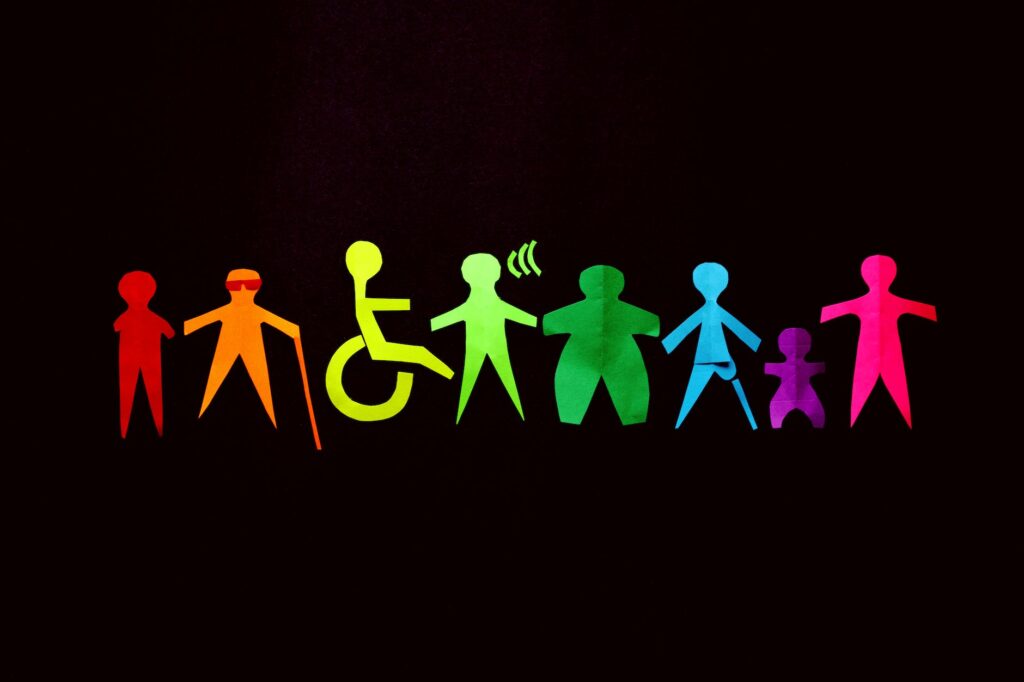
Introduction
Autoimmune disorders are a group of chronic conditions that affect millions of people worldwide. These disorders occur when the immune system, which is designed to protect the body from harmful invaders, mistakenly attacks healthy cells and tissues. With over 80 recognized autoimmune disorders, it is crucial to shed light on their causes, symptoms, and potential treatments. In this article, Dr Lane Sebring will delve into the intricacies of autoimmune disorders, exploring their impact on individuals and society as a whole.
Understanding Autoimmune Disorders: A Brief Overview
Autoimmune disorders encompass a broad range of conditions, including rheumatoid arthritis, multiple sclerosis, lupus, and type 1 diabetes, among others. These disorders can affect various organs and systems within the body, leading to a wide array of symptoms and complications. While each autoimmune disorder is unique, they all share a common underlying feature—the immune system’s inability to distinguish between self and non-self.
Unraveling the Mystery: Causes and Risk Factors
The precise causes of autoimmune disorders remain elusive. However, researchers believe that a combination of genetic and environmental factors play a significant role in their development. Genetic predisposition can increase an individual’s susceptibility to these disorders, while environmental triggers, such as infections, toxins, and stress, can activate the immune system’s response. Exploring these causes and risk factors is crucial in understanding autoimmune disorders and potentially developing preventive strategies.
Decoding the Symptoms: Recognizing Autoimmune Disorders
Autoimmune disorders can manifest in a wide range of symptoms, making diagnosis a challenging task. Common symptoms include fatigue, joint pain, muscle weakness, skin rashes, and digestive issues. However, symptoms can vary greatly depending on the specific disorder and the affected organs. It is essential to raise awareness about these symptoms to facilitate early detection and timely treatment.
Seeking Answers: Diagnosis and Treatment Options
Diagnosing autoimmune disorders often involves a combination of medical history evaluation, physical examinations, and specialized tests. Rheumatologists, neurologists, and other medical specialists play a crucial role in diagnosing and treating these disorders. While there is no cure for most autoimmune disorders, various treatment options aim to manage symptoms, slow down disease progression, and improve the quality of life for those affected. These treatments may include medication, lifestyle changes, and supportive therapies.
The Ripple Effect: Impact on Individuals and Society
The impact of autoimmune disorders extends far beyond the individual experiencing the condition. Patients often face physical limitations, chronic pain, and a higher risk of developing comorbidities. Moreover, autoimmune disorders can significantly impact mental health, leading to depression, anxiety, and social isolation. From an economic standpoint, these disorders result in substantial healthcare costs, lost productivity, and decreased quality of life for patients and their families. Raising awareness and fostering support systems are vital in addressing the multifaceted impact of autoimmune disorders.
Empowering Change: Advances in Research and Support
Despite the challenges posed by autoimmune disorders, significant progress has been made in research and support initiatives. Scientists continue to unravel the complexities of these conditions, exploring innovative treatment options and potential cures. Furthermore, patient advocacy groups and support networks provide valuable resources, education, and a sense of community for individuals affected by autoimmune disorders. By fostering collaboration and investing in research and support, we can empower positive change for those living with autoimmune disorders.
Conclusion
Autoimmune disorders present a complex puzzle for medical professionals and researchers. By understanding the causes, symptoms, and potential treatment options, we can work towards earlier diagnosis, effective management, and improved quality of life for those affected. The impact of autoimmune disorders extends beyond the individual, affecting families, communities, and society as a whole. It is our collective responsibility to raise awareness, support research efforts, and foster a compassionate environment for individuals living with autoimmune disorders. Together, we can crack the code and pave the way for a better future.